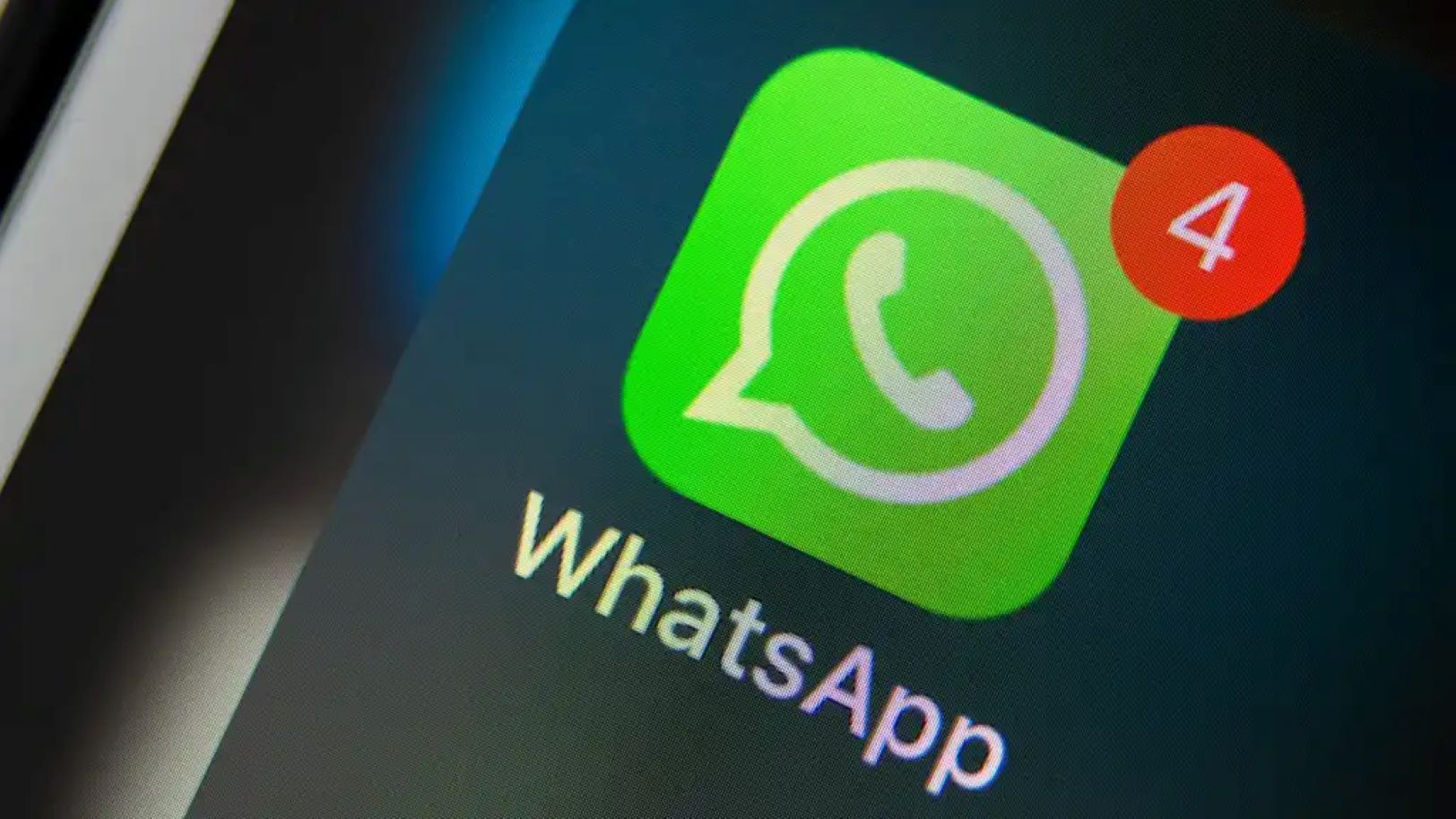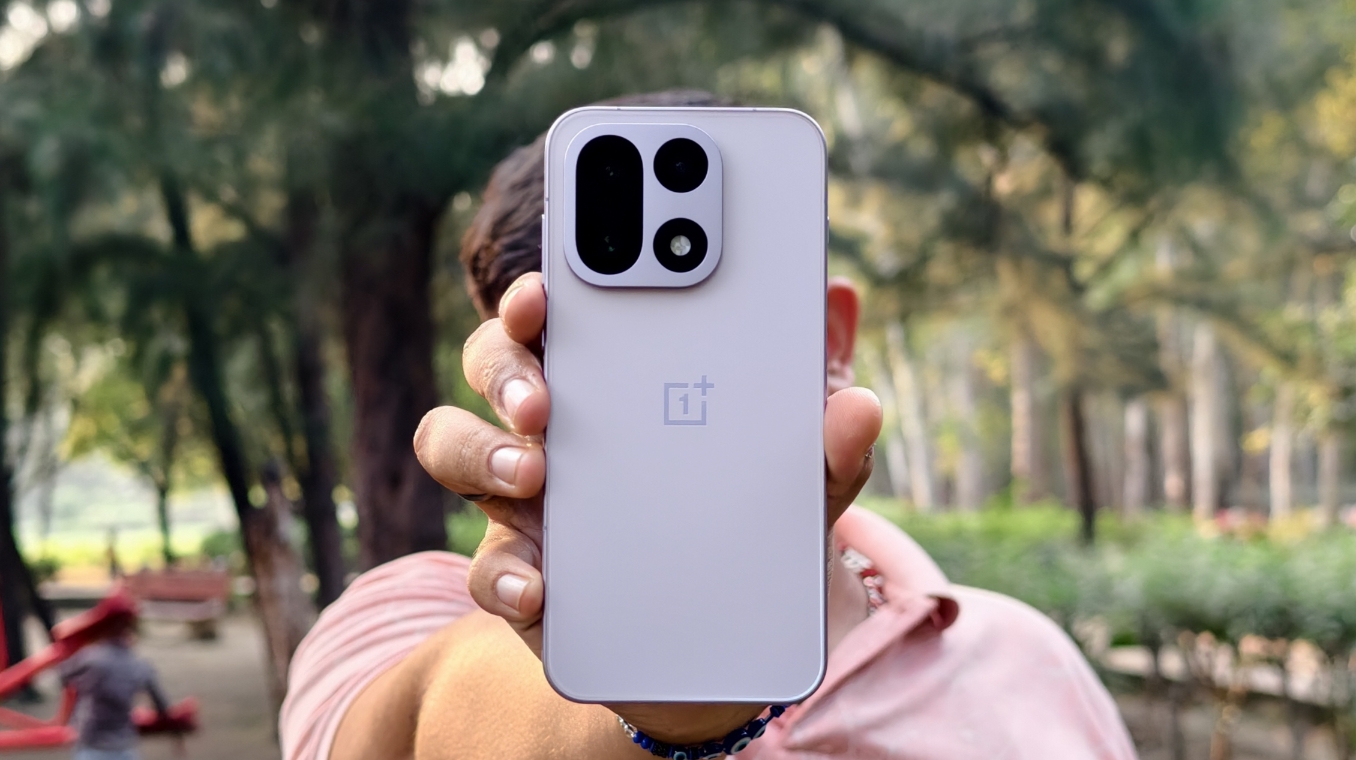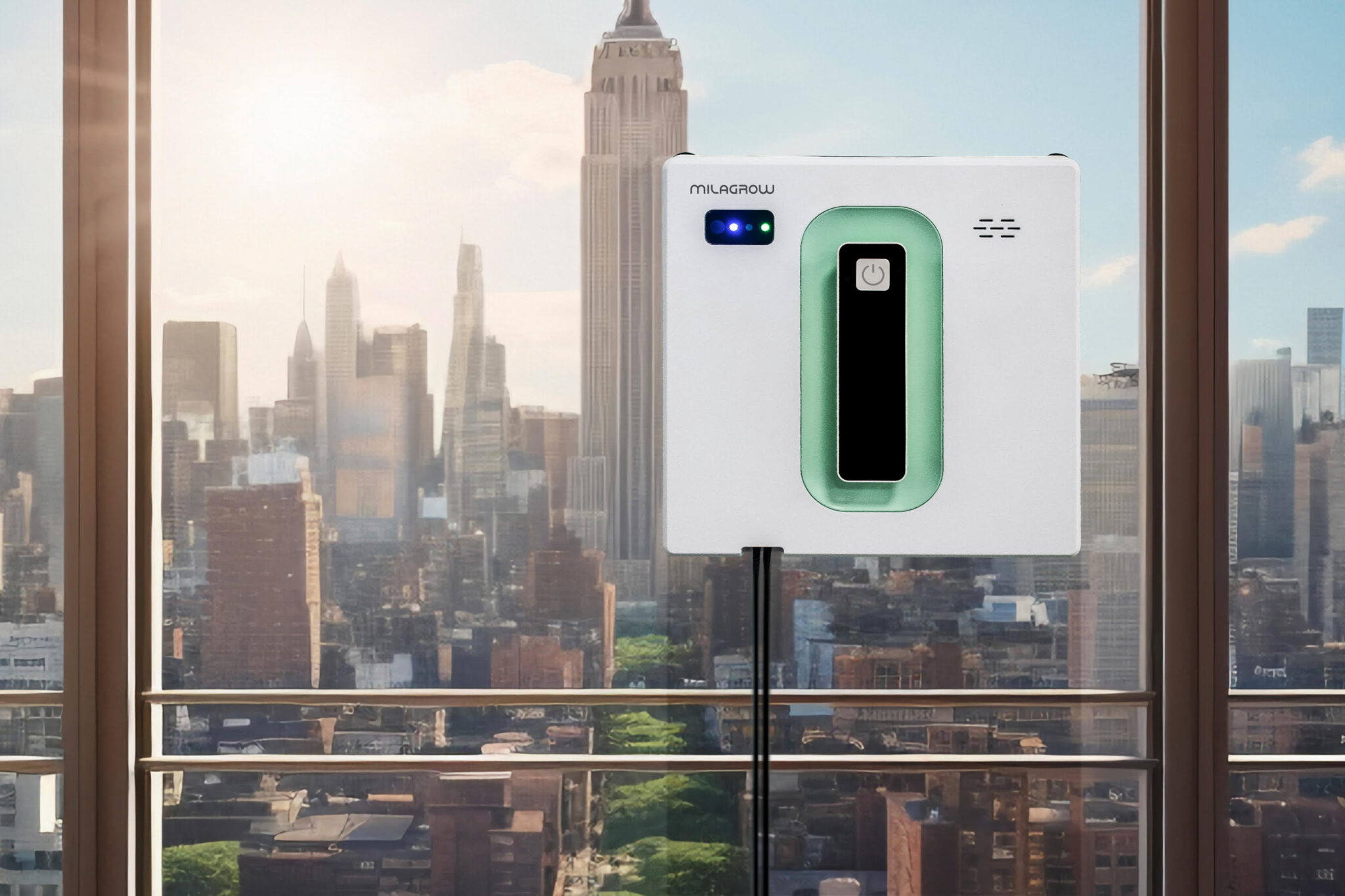WhatsApp seems to be taking a cue from Instagram, and honestly, it makes sense. A new feature called Close Friends is reportedly being tested, and it’s designed to give users more control over who gets to see their WhatsApp Status updates. It’s a familiar concept if you’ve ever used Instagram Stories to share something only with a tighter circle.
So, what’s different here? Well, this new update could streamline how people share personal content on WhatsApp, especially for those who feel hesitant about broadcasting their daily life to every contact saved in their phone.
Key Takeaways
- WhatsApp is testing a new Close Friends feature in its iOS beta version 25.23.10.80.
- Users can build a private list to share Status updates with selected contacts.
- Status shared with this list will show a unique colored ring around it, helping viewers know it’s meant for a closer circle.
- The feature mirrors Instagram’s Close Friends but keeps things discreet, no one gets notified if they’re added or removed.
- There’s no official release date yet, and it’s currently available only to beta testers.
Now, in terms of how it works, the setup is relatively simple. You’ll be able to create a “Close Friends” list from the privacy settings. After that, every time you go to post a Status update, you’ll have the option to share it either with all your contacts or just that group. No more manually selecting individuals every time, which, let’s be honest, was a bit tedious under the existing “Only Share With…” setting.
This move clearly reflects Meta’s broader strategy of blending the best social features across its platforms. The distinct colored ring around the Status will be a visual cue, sort of like Instagram’s green ring, so your close friends can instantly tell the content is just for them.
Interestingly, WhatsApp won’t alert anyone when they’re added to, or removed from, your close circle. That’s actually a thoughtful detail because it helps avoid awkward conversations. You can update your list quietly, without anyone being the wiser.
One thing to keep in mind, though, is that any changes you make to your list after posting a Status won’t change who can see that post. Only the people on your list at the time you share will have access. If you want to include someone new, you’d need to delete the update and post it again. It’s a small quirk, but one worth noting.
Given WhatsApp’s massive user base in India, over 500 million people, this could really shift how folks use Status. A lot of users are hesitant to share anything too personal, especially with a mix of coworkers, distant relatives, and casual contacts all lumped together in their list. With Close Friends, sharing can feel a bit safer, a bit more intentional.
All of this speaks to a broader trend in messaging apps. We’re seeing more emphasis on social features, private, curated spaces for sharing that feel less performative and more real. WhatsApp may have started as a simple chat tool, but it’s steadily becoming a place for self-expression too.
As for when this feature will roll out to everyone, there’s no confirmed timeline yet. It’s still in beta testing for iOS, and Android users will probably have to wait a little longer. But if past updates are any indication, it might not be too far off.
FAQs
Q1. When will the WhatsApp ‘Close Friends’ feature be available to everyone?
A1. This feature is currently being tested in the iOS beta version of WhatsApp. There is no official public release date yet.
Q2. Will people know if I add or remove them from my ‘Close Friends’ list?
A2. No, WhatsApp will not send any notifications to a person when you add or remove them from your ‘Close Friends’ list.
Q3. How is this feature different from the existing ‘Only Share With…’ option?
A3. The new ‘Close Friends’ feature lets you create a permanent list of people. This saves you from having to select the same people manually every time you post a status update.
Q4. Will the Close Friends’ status updates have the same security as other messages?
A4. Yes, status updates shared with close friends will still be protected by WhatsApp’s end-to-end encryption. They will also disappear after 24 hours, just like regular status updates.



















